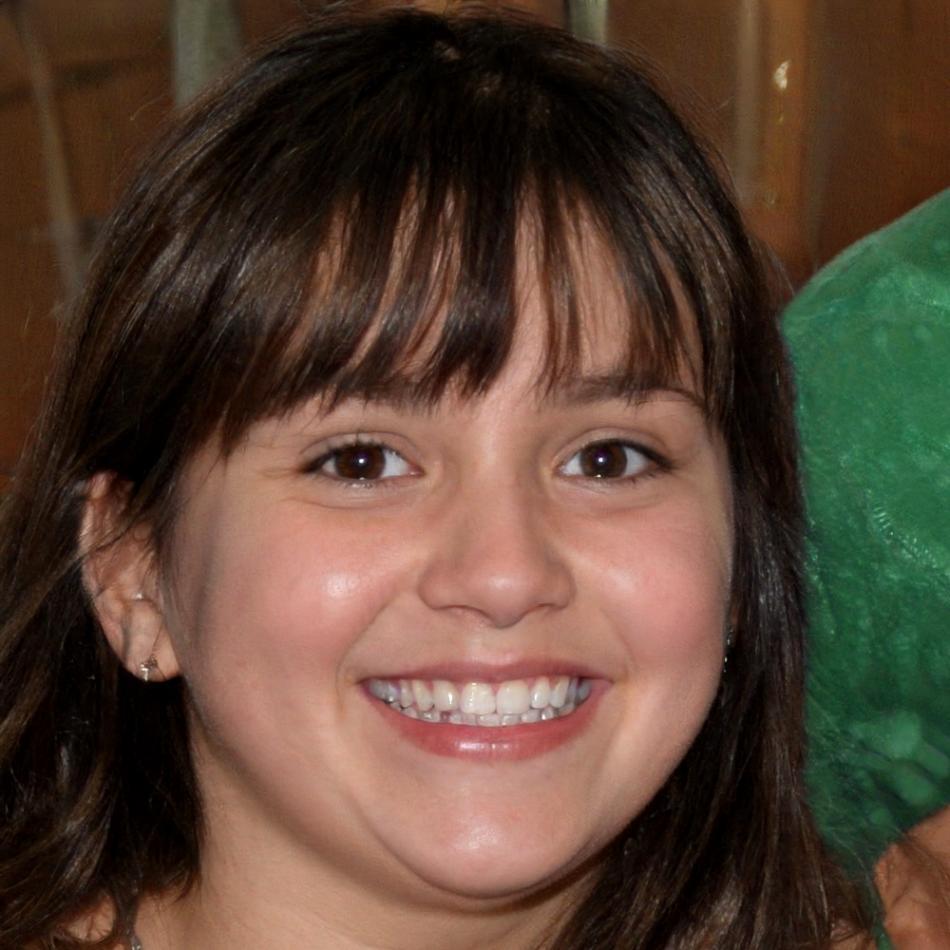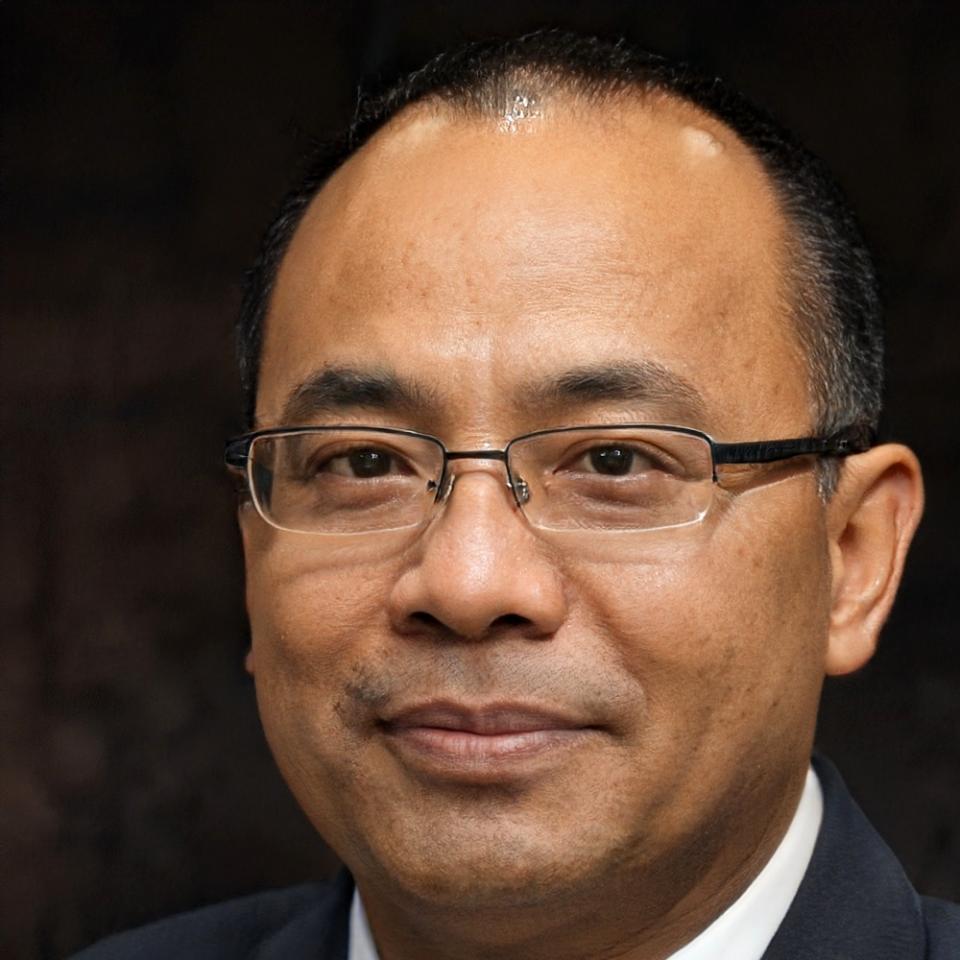Building Your Financial Timeline That Actually Works
Most people struggle with money because they never learned how to plan ahead. We teach the practical calendar approach that helps you see where your money goes before it disappears.
Explore September 2025 ProgramsWhy Calendar Planning Changes Everything
Financial planning sounds complicated, but it's really just putting dates on your money decisions. When will your insurance renew? Which week does property tax come due? What month do you usually need car repairs?
We started teaching this method back in 2019 after seeing too many people caught off guard by predictable expenses. Turns out, when you map your financial year on an actual calendar, patterns emerge that spreadsheets hide.
Our approach focuses on the rhythm of your financial life rather than abstract budgeting rules. It's visual, it's practical, and it works for people who've tried other methods without success.

Your Questions at Different Stages
People ask different things depending on where they are. Here's what we hear most often, organized by when folks typically ask.
Before You Start
Can I really learn this if I'm bad with money? (Yes, because this isn't about math skills.) Do I need special software? (Nope, we start with paper calendars.) Will this work if my income varies? (Actually, irregular income is where this approach shines.)
During the Program
How do I handle expenses that change amounts but happen regularly? What about planning for irregular stuff like home repairs? Should I include small daily expenses or just big items? (We answer all of this in week two with real examples.)
After You Finish
How often should I update my financial calendar? What if my situation changes mid-year? Can I use this method for business finances too? (Many graduates do, and we offer follow-up sessions twice a year.)
Ongoing Support
Do you help with year-end review? Can I get feedback on my calendar setup? What resources exist for staying on track? (We have quarterly check-ins and a community where people share what's working.)
Following Up: Where People Are Now
We check in with graduates not right after they finish, but six months or a year later. That's when you really see if something stuck.
Common Questions About the Approach
How long does it take to see this working?
Most people start feeling more in control within the first billing cycle after setting up their calendar. But the real benefit shows up around month three or four when you've lived through a few financial events you actually planned for.
What if I'm already using budgeting software?
This complements that. Software tracks where money went. Financial calendaring helps you plan where it's going. Many participants keep both, using the calendar view for the big picture and software for daily tracking.
Do you teach investing or debt management?
Not directly. Our focus is narrower and more practical: helping you see your financial year as a whole timeline. That said, once you have this foundation, making decisions about debt payoff or investment timing becomes much clearer.
Is this useful if I'm self-employed?
Especially useful, actually. Variable income makes traditional monthly budgets frustrating. Mapping your business cycle on a calendar shows you when money typically comes in and when expenses typically hit. That seasonal view changes how you approach slow periods.
What happens after I complete the program?
You'll have a working financial calendar system and the skills to maintain it. We offer optional quarterly reviews where you can bring questions as your situation evolves. Many people find the six-month check-in particularly valuable for refining their approach.




Ready to Map Your Financial Year?
Our next program begins in September 2025. We keep groups small so everyone gets feedback on their specific situation. You'll leave with a complete financial calendar tailored to your actual life, not a generic template.
Classes run for six weeks with optional follow-up sessions throughout the year. Everything happens online with recordings available if you miss a session.
See Program Details

